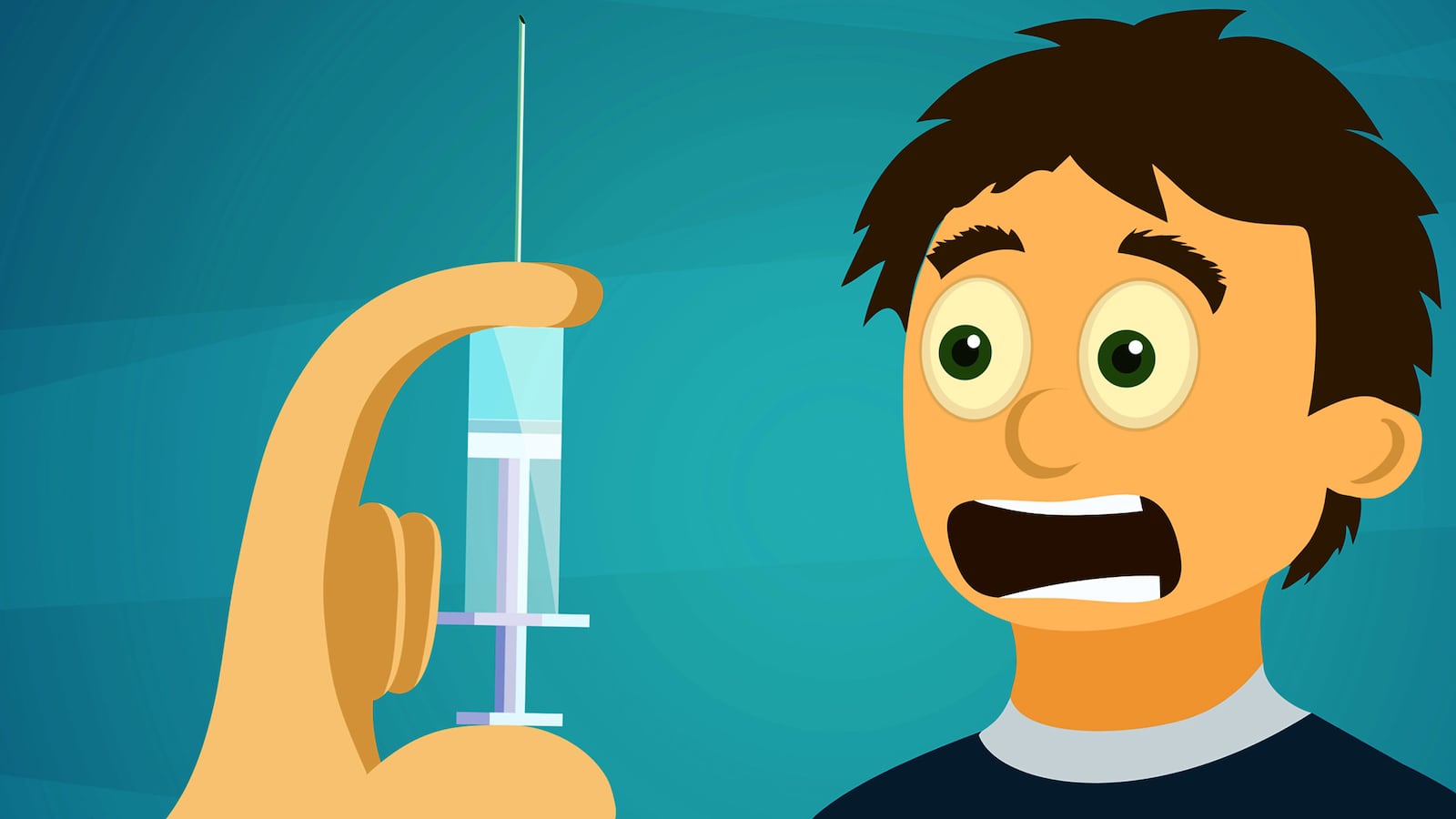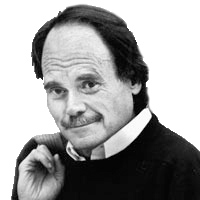My father was a telephone man, installation and repair. A kind, solid, religious man—also a carpenter and musician—the kind of person you run into now and then who only does things well. He and my mother were divorced sometime around my first birthday, and I grew up in two households, home—with my mother, and Pop’s house, where I spent every other weekend.
It took some years to get comfortable with the arrangement. There was somehow a formality between us that took some time to bridge. I don’t mean to say I was unhappy at his house, but it was an edgy time, and I worried sometimes that I wasn’t worth his attention, and at the same time there was nothing I wouldn’t do for his approval.
Like any kid with imagination, I was afraid of needles, and it was no casual thing to me that my father put needles into his body—usually into his stomach—several times a day. The disease was juvenile diabetes, but later, with more cases developing later in life, the label changed to Type 1 diabetes; insulin-dependent.
In any case, I tried to act as nonchalant about the injections as he did, but still I recoiled at the sight of the needle, at the scent of the alcohol. I asked of course if the shots hurt—and I knew they hurt, I’d been to the doctor’s office—but he brushed off the question.
I’m used to it, he says, always the same answer. Pop had been taking shots since before his hands were big enough to push the plunger.
I was five when my grandfather died, Pop’s pop. The funeral was at church and with a hundred things I didn’t understand going on all around me, I watched my father, calm and fearless, just like when he was putting insulin shots in his stomach.
***
Skip ahead eight years, and I was having a bad summer. July Fourth I came down with pneumonia and the rest of the month is spent in bed. Early in August the family doctor pronounced me cured, but I knew that I wasn’t. At first, it was mostly fatigue. I was tired all the time, and always thirsty. Water, juice, Pepsi-Cola—I was out of bed ten times a night, either to drink from the water faucet until my stomach was tight and full, or to piss it out, or both. I sweat after I ate, headaches all the time. My eyes felt like they were pushing out of their sockets, and instead of anxious to please, I was a different kid, irritable all the time.
By September, I’ve lost twenty pounds.
As much of this as possible I kept to myself, and then one day my grandmother picked me up after school just to spend the afternoon, and in two or three hours I drank everything she had to drink, went back and forth to her toilet. After I left she looked at the urine stains on the toilet bowl and knew. Having raised my father, she knows the symptoms, and calls my mother but not my dad.
***
In the morning we go to the pediatrician. The symptoms could not be clearer, and everybody in the room knows what they mean. My mother wants to wait, though, to tell Pop. Not just for some final word from the doctor, but for him to finish work. She didn’t want to tell him at work.
There were tests, of course, and afterwards a meeting back at the doctor’s office, where he told us what we already knew. Type-1 diabetes. The doctor was slow and patient, I was undone by his kindness, and before he could finish I excused myself and headed to the bathroom, where I could cry.
***
My mother did not call Pop until we were sure the I&R crew is finished for the day. I was in a hospital room by now, listening while she went through it, where we are, why. It was like hearing it again, for the first time. Then she stopped, and there was a long silence while she listened. Then, finally: “Are you okay to talk to him?”
There was another, shorter wait, and she handed me the phone.
I bought the phone to my ear and began to apologize. For being in the hospital, for having diabetes, for being in the way—I am not sure why I was apologizing, it was just a life-long reflex.
I stopped, though, almost before the words started falling out of my mouth. I was looking up at my mother, listening to my father, my calm, fearless Pop, who was on the other end apologizing, and choking tears.







